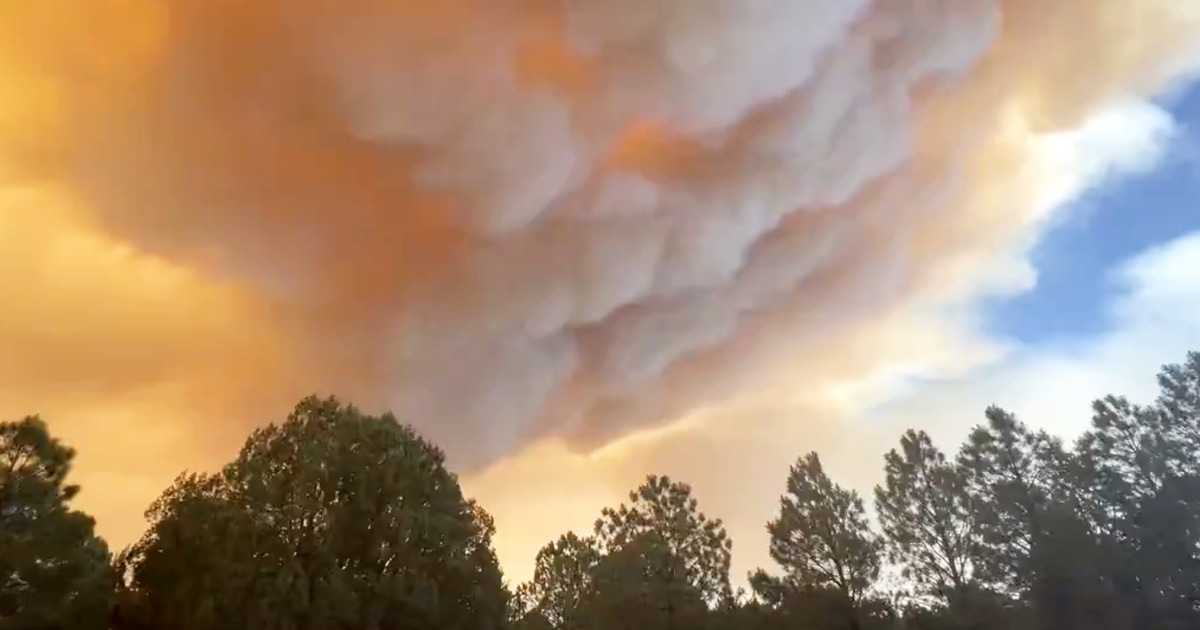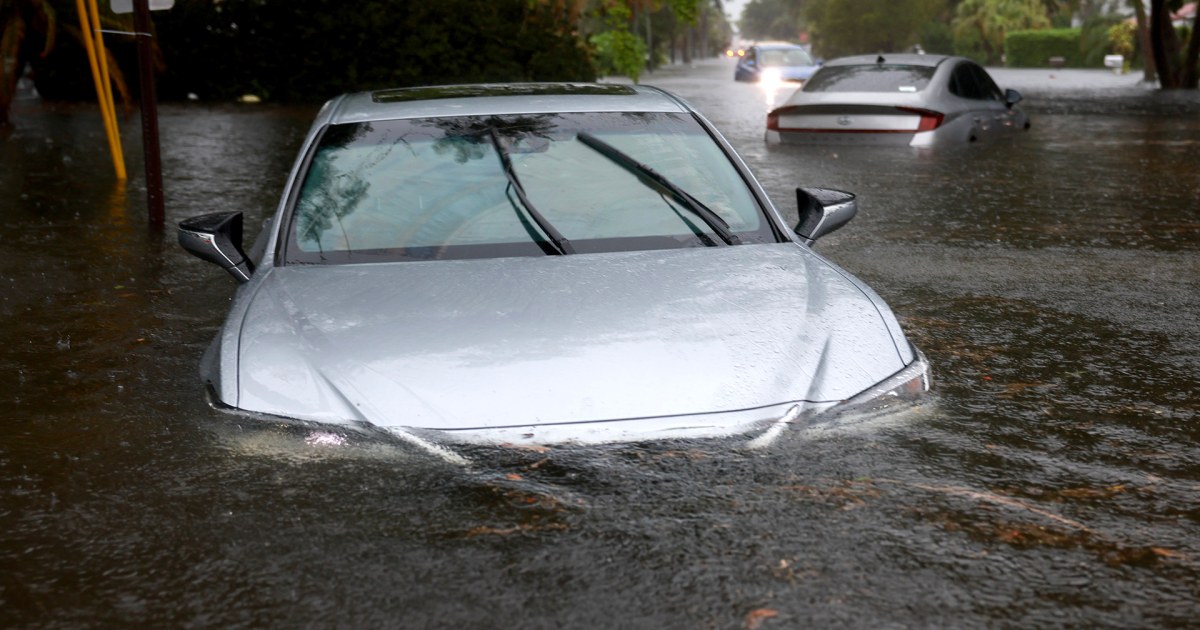- Rain has arrived again in the desert UAE
- Flights were canceled at Dubai Airport
- Dubai alone received the heaviest rain in two months in just 12 hours
It has started raining again in the driest desert of the world, the United Arab Emirates. Due to this, many flights at the world’s second busiest international airport in Dubai have to be cancelled. Apart from this, a situation has arisen that many flights will take off late. The Dubai administration has instructed students and commuters to stay at home. Two weeks ago, UAE and surrounding areas experienced record rainfall. Due to which there was flood in UAE and neighboring country Oman. Meanwhile, posh areas of the city, including Dubai Airport, were flooded. Four people died in UAE due to rain and floods. While 19 people died in the neighborhood. Now again the rains and storms have scared the returning people.
Two months of rain fell in just 12 hours
Many videos of rain have surfaced on social media. In which heavy rain is seen on the roads with strong wind. During this time, lightning also flashes. Despite not raining as much as two weeks ago, Dubai received 20 mm of rain within 12 hours. Which is twice the amount of rain that usually falls in April and May. Abu Dhabi, another emirate, recorded 34 mm of rain in 24 hours, four times the average rainfall for April and May.
Dubai learned from the floods
Dubai has learned from previous rain-induced floods and its preparations this time around are evident. A day before the rains, the workers opened the drains on the roads. Emergency alerts were widely sent to mobile phones in the city and people were warned to stay indoors. Roads were closed in flooded valley areas, while people were asked to stay away from mountainous, desert and coastal areas.
Climate change responsible for the UAE
Heavy rainfall is not common in the desert areas of the UAE. Scientists have linked the record rainfall two weeks ago to climate change. A team of 21 scientists and researchers under the World Weather Attribution initiative found that climate change is responsible for the heavy rainfall in both countries. Studies have found that precipitation cannot increase by more than 10 to 40 percent without the effects of global warming.














